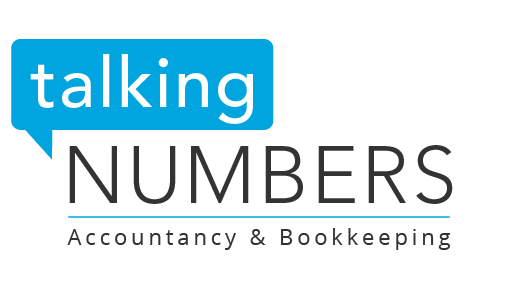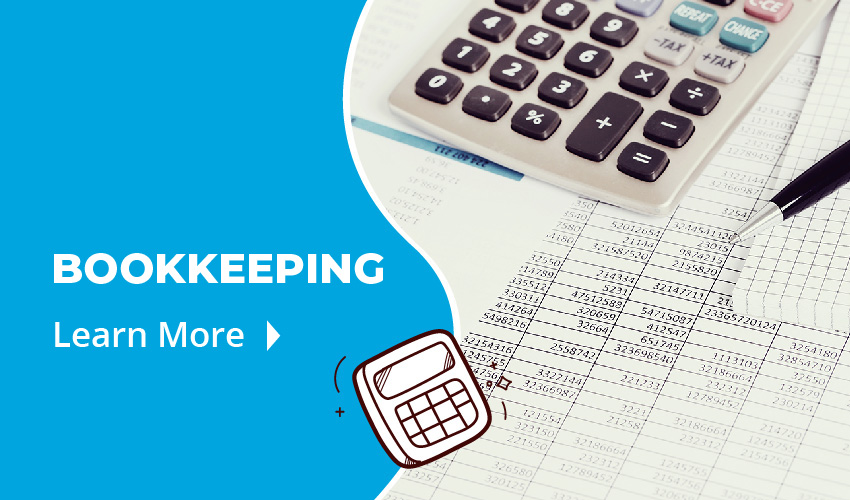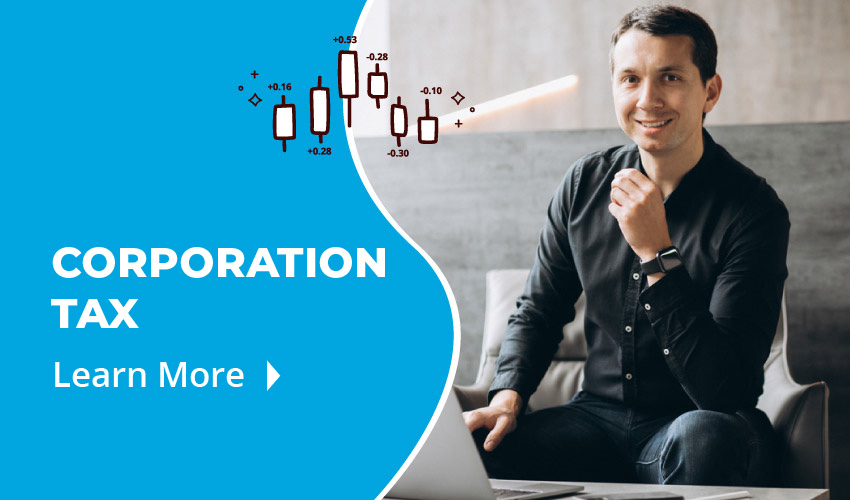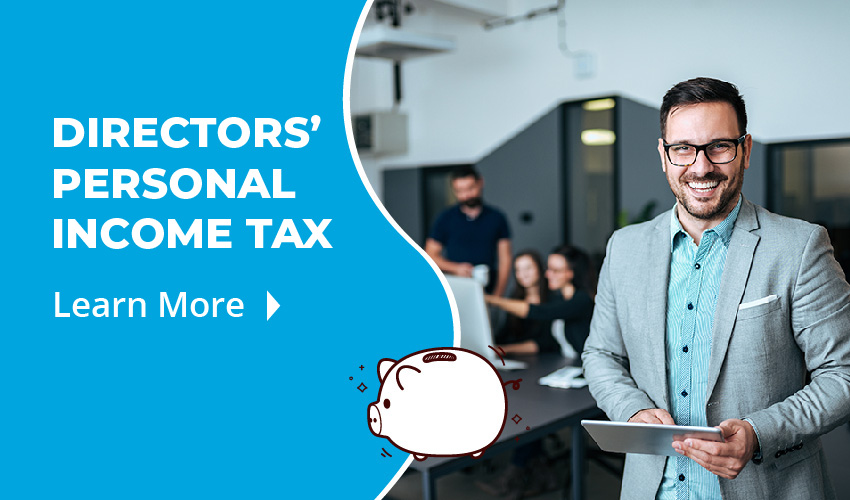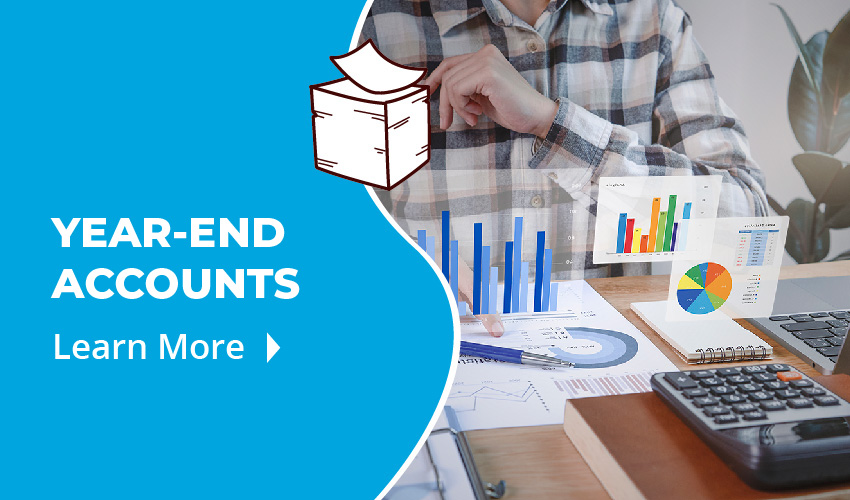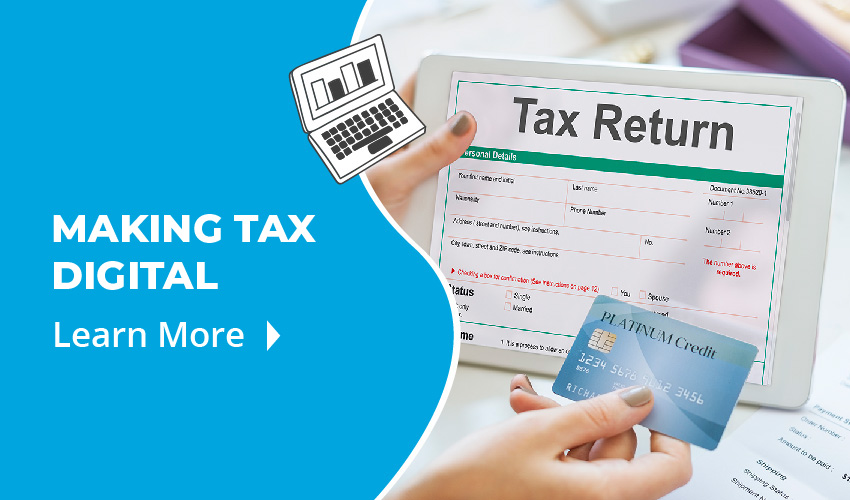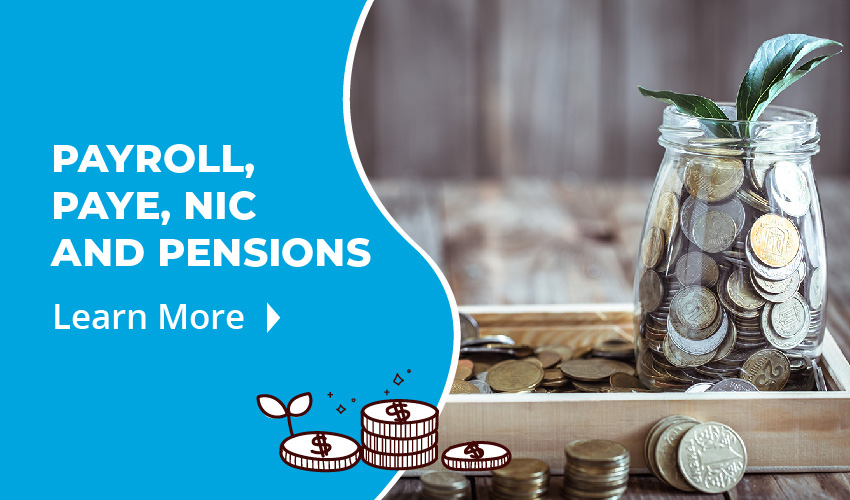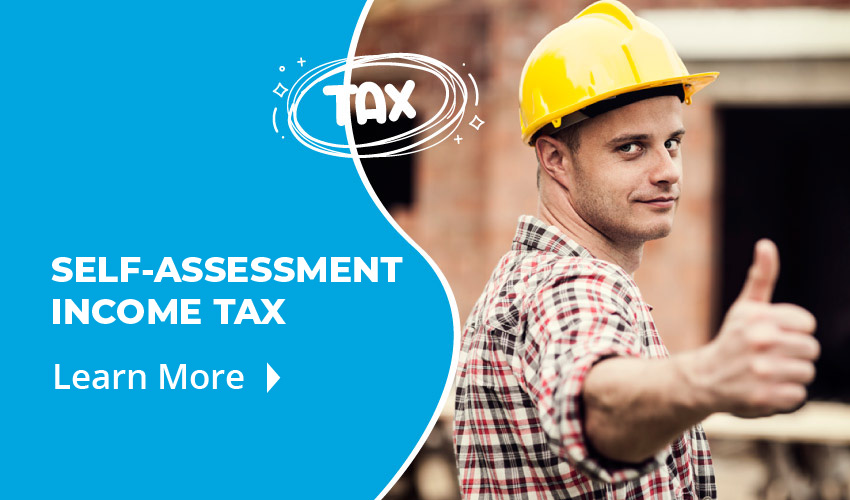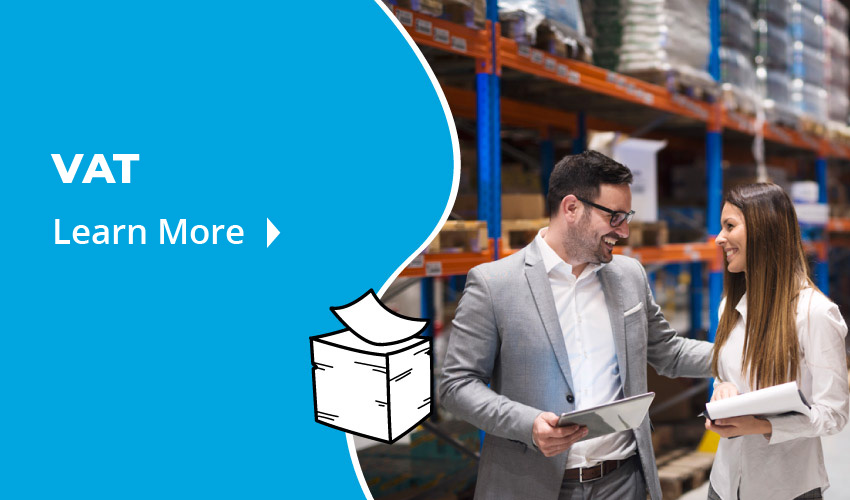Renting out a property can be a great way to earn some extra income, but residential and commercial landlords should make sure that they are aware of the tax implications and make sure that they get things right.
Landlords who are not operating their business through a company will pay income tax at the same rates as employment and self-employment income on their taxable profits. The basic rule is that the taxable profits from a letting business are equal to the rent received less any allowable expenses and reliefs. Landlords must register for self-assessment, and should submit their tax return and pay any tax due by 31 January following the end of the tax year in which the income was earned.
There are a few important points to bear in mind that are specific to this sector.
Allowable Expenses
These can include factoring and management fees, letting agent fees, the cost of advertising the property for rent, the cost of cleaning the property before a new tenant moves in or surveys like EPC, EICR and Legionella Certificates.
Residential Mortgage Interest
Mortgage payments are usually comprised of two elements – repayments of capital (that is the sum borrowed) and interest payments.
For interest-only mortgages, the whole repayment amount goes towards paying off the interest on the loan, with the whole balance borrowed repayable in full at the end of the mortgage term.
Any repayments of capital (that is any money goes towards reducing the mortgage balance) are not expenses and so cannot be deducted as an expense when calculating profits.
Repayments of interest for mortgages on commercial properties can be deducted in full when computing taxable profits. Repayments of interest on mortgages for residential properties can be deducted when calculating profits, but from 6 April 2017, the amount that can be deducted is limited relief on the basic rate of income tax.
What does this mean? The basic rate of income tax is 20%, and so to find the amount that can be deducted when calculating taxable profits, the amount of interest paid must be multiplied by 20% to find the amount that can be deducted.
The deduction cannot be used to make a loss (which would ordinarily be able to be carried forward to offset against future taxable profits), or to claim a tax refund, but unrelieved (unused) interest can be carried forward and used in future years.
Repairs and Replacements
Repairs, for example repairing a boiler or shower, can usually be deducted when calculating taxable profits, but replacement of furniture, equipment, fixtures and fittings cannot. Instead, a relief called Replacement of Domestic Items Relief can be claimed if a number of conditions are met. This relief can only be claimed for replacements of existing items and not for new purchases.
National Insurance
Self-employed people pay income tax on their earnings, but are also required to pay Class 2 (and sometimes Class 4) National Insurance. Landlords may also need to pay National Insurance on their profits, depending on exactly how they run their business.
Tax for landlords can be complicated, but Talking Numbers Accountancy and Bookkeeping can help. We are experts in dealing with residential and commercial landlords, and we can make sure that you get your tax right. Get in touch today for a free, no-obligation consultation.
